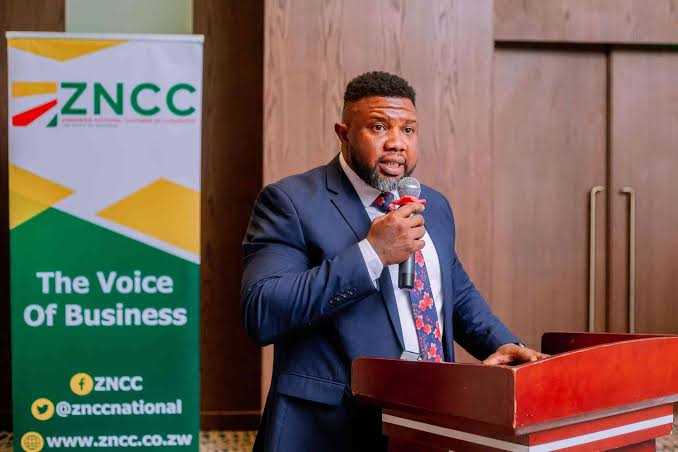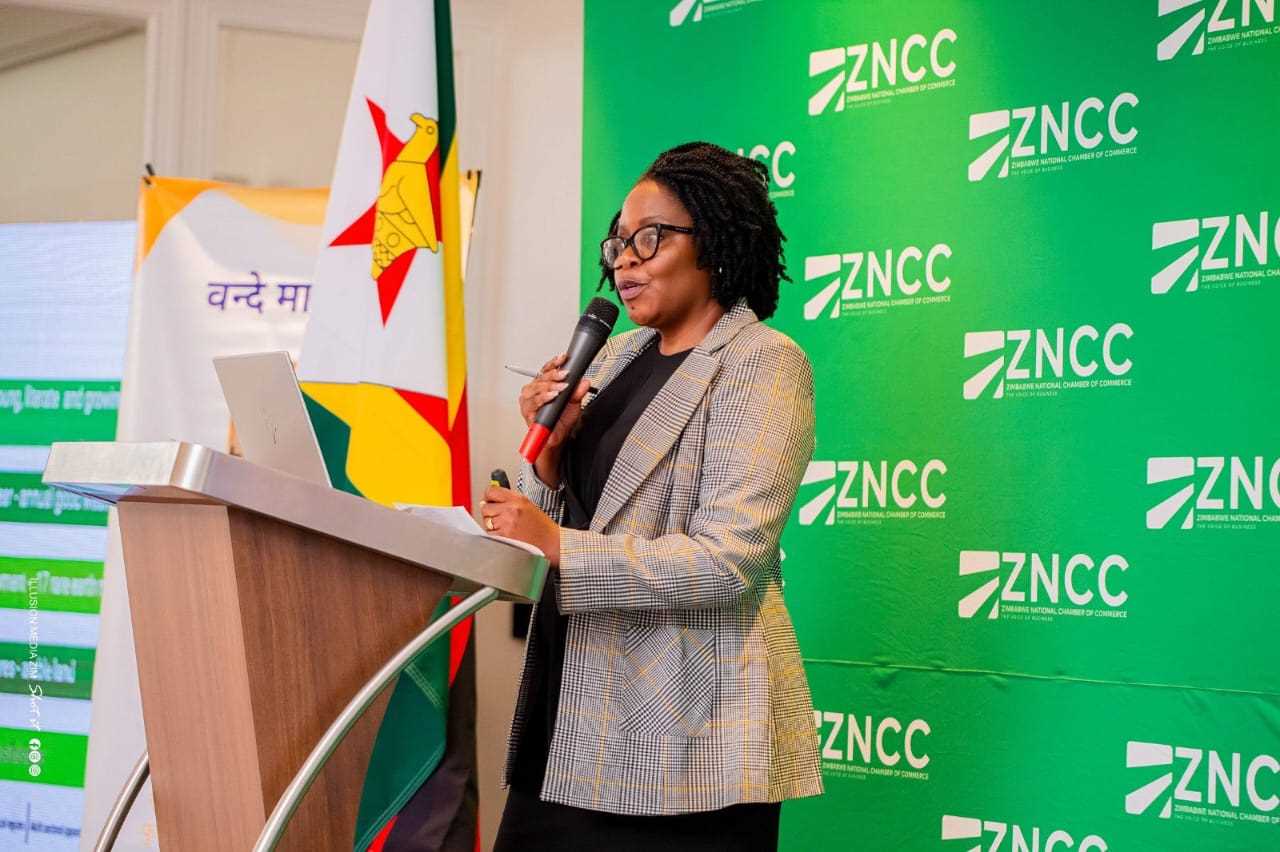
Nyashadzashe Ndoro
Chief Reporter
Independent auditors BDO Zimbabwe Chartered Accountants have expressed an adverse opinion on the consolidated financial statements for the year ended February 29, 2024, of the country’s leading telecommunications company, Econet Wireless Zimbabwe Limited.
The auditors cited non-compliance with International Accounting Standard 21 (IAS 21) as the primary reason for their adverse opinion.
According to the report, Econet Wireless Zimbabwe Limited failed to comply with IAS 21's requirements for determining its functional currency. Despite indicators suggesting a change in functional currency from Zimbabwean dollars (ZWL) to United States dollars (USD), the company maintained ZWL as its functional currency. This decision was made due to the regulator-determined tariffs being in ZWL. However, the auditors’ independent assessment confirmed that the functional currency had indeed changed to USD during the year.
“The Group’s functional currency changed from ZWL. to USD during the year based on the indicators stated in IAS 21, but it maintained ZWL as the functional currency because the tariff’s applied by the business were determined in ZWL by the regulator.
“Our independent assessment confirmed that the functional currency of the Group had changed from ZWL to USD during the year. This constitutes a departure from IAS 21 as the conditions for a change in its functional currency had been met,” the auditors noted.
The non-compliance with IAS 21 has resulted in the financial statements not presenting a fair and accurate representation of the company’s financial position and performance. The auditors noted that the effect of this non-compliance could not be quantified but is considered material and pervasive to the financial statements.
In addition to the adverse opinion, the auditors highlighted three key audit matters: revenue recognition, valuation of property, plant, and equipment, and valuation of investments at fair value through other comprehensive income.
These matters were identified due to the complexity and subjectivity involved in the accounting processes and the significant balances of property, plant, and equipment, and investments.
The auditors performed various procedures to address these matters, including evaluating the design and implementation of controls, testing the operating effectiveness of controls, and performing detailed substantive testing of material journal entries.
However, despite these efforts, the auditors were unable to express an unmodified opinion on the financial statements.
“We obtained an understanding of the approach followed by the independent valuers and interrogated their assumptions,” the auditors said.
“We assessed if the valuation approach was in accordance with acceptable valuation standards and suitable for use in determining the value of property, plant, and equipment.
“We assessed the valuer’s qualifications, expertise, objectivity, and experience with similar valuations.
“We assessed the reasonableness of assumptions and judgements applied by valuer and the accuracy of data used in the valuation models.
Related Stories
“We assessed the inputs in the valuation model for accuracy and completeness.
“We reviewed the property and equipment accounting policies and disclosures in the consolidated financial statements for appropriateness and adequacy.”
The report also noted that the company’s financial statements were not prepared in accordance with the requirements of section 273 of the Companies and Other Business Entities Act (Chapter 24:31) due to the non-compliance with IAS 21.
Despite the auditors’ adverse report, James Myers, Chairman of the Board of Econet, highlighted the company’s key achievements and future plans.
Myers stated: “The Telecommunications Association of Zimbabwe (TAZ) of which Econet is a member continues to work with all concerned stakeholders to ensure the viability and sustainability of the Sector.”
He added: “For the period under review, we paid a total of ZWL$3.8 trillion (representing 26% of turnover) to the fiscus and to statutory bodies compared to ZWL$2.1 trillion in 2023.”
The company has also made significant investments in infrastructure modernisation, with over 1 012 sites modernised with 4G high-capacity base stations.
“Our modernisation efforts will continue with another 550 base station sites planned across the country,” Myers noted.
He also highlighted the company’s efforts in deploying renewable energy solutions to mitigate service degradation due to power outages on the national grid.
Myers stated the company’s commitment to Artificial Intelligence and its impact on operational efficiency and customer experiences.
He said: “We deployed algorithms which greatly improved our ability to segment customers and offer highly personalised experiences. This has resulted in increased customer activity ratios.”
The company has also made significant investments in environmental, social, and governance initiatives, including the Sustainable Development Goals Accelerator Programme under the United Nations Global Compact.
“Ensuring the sustainability of our shared world and business, effective stakeholder management and engagement, as well as adhering to sound environmental, social and governance (ESG) principles remain at the core of our values,” Myers stated.
Looking ahead, Myers said: “The business continues to experience sustained growth in the demand for its products and services shaped by evolving customer needs. We will continue to invest in our network infrastructure to meet customer demands and keep abreast with global trends in line with our vision of a digitally connected future that leaves no Zimbabwean behind.”
The company declared and paid an interim dividend of 0.55 US cents per share for the year ended February 29, 2024, in respect of qualifying ordinary shares of the Company.
The company is also “looking to scale up our 5G penetration to unlock new opportunities, leverage on artificial intelligence and process automation to improve operational efficiencies and customer service delivery.”



















Leave Comments